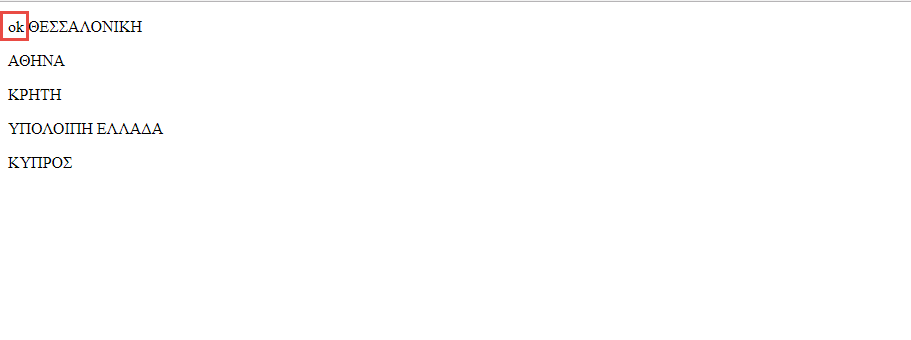Hi Tina,
Just to start from the beginning: Wappler is not a PHP editor. if you are just a PHP coder that wants to write everything in code - you can better use a regular code only editor.
That said - Wappler do has all the powers of server side development. But we made them much more easier to access and made you even more productive, so you don’t have to write all this PHP code by yourself each time.
This is done by the integrated Server Connect framework - which gives you a full blown runtime generator of all the PHP or other server side code you will ever need.
It is also works on on much higher level - so instead of writing you code line by line - you are now creating a server side workflow actions containing multiple steps of all the work that you need to do server side.
So you can have multi step actions like querying a database, looping through the records, sending mail for each record or just do an extra formatting before returning the data to the client where it is nicely displayed with the front-end framework App Connect.
So Server Connect might have a small learning curve to find our about all the available actions and data formatting options, but believe me it is nothing like learning all the PHP that you have done and also it will make you hugely productive.
You can read all about it here:
https://wappler.io/docs/#Server-Side-Components
As for your data formatting question - you can do it indeed server side with the integrated Data Formatter there - it has tons of usefull strings and number formatting functions - that you might have written in PHP yourself indeed, but now with the data formatter it is much easier and integrated.
It is however more advisable and a better way to do data formatting on the client side. So you just keep your server actions data retrieval and processing while on the client side with the App Connect Data Formatter - you do the needed formatting for the display. This is also explained in the docs here:
https://wappler.io/docs/#Formatting-Data
So check it out and give the docs a good reading and you will see that with Wappler you have a tool that even PHP coders you will be gaining a huge amount of productivity boost.


 well basically you should create the functionality in serverconnect. For example if you want to format days, use the formatter. But also please let me try something. This is interesting.
well basically you should create the functionality in serverconnect. For example if you want to format days, use the formatter. But also please let me try something. This is interesting.